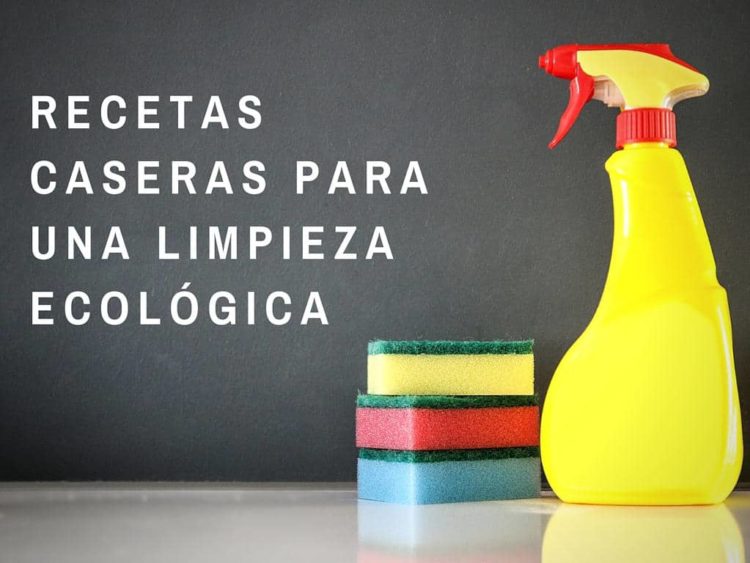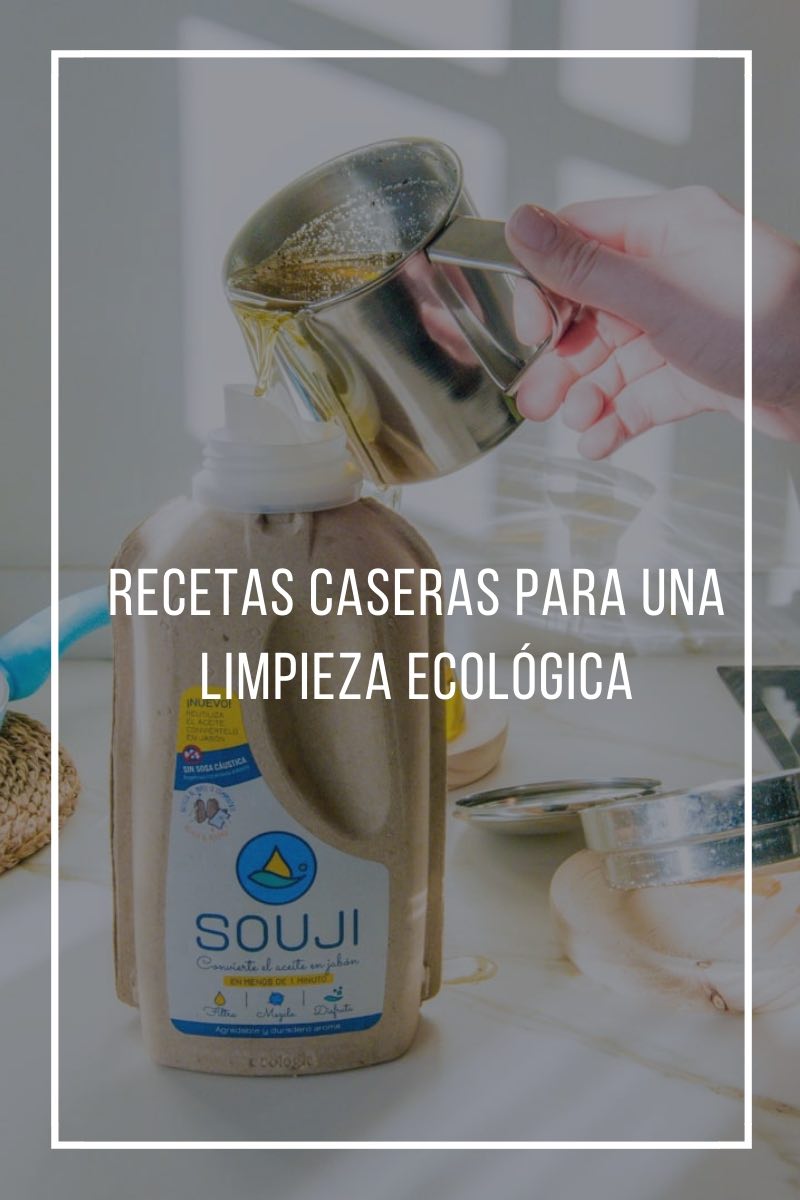
Why not reduce our impact on the planet by making our own products of ecological cleaning? In addition to contributing to the environment, we can also save money.
Today, the use of organic products has become a worldwide trend. This is thanks to the work of the people and companies that love the environment, who explain the importance of preserving and maintaining balance on the planet.
On the other hand, industrialized products used in household cleaning, are largely characterized by being very polluting and harmful to the planet. In addition to that in most cases, they are not recycled correctly, ending in rivers, oceans, and seas, managing to kill several marine species.
One of the biggest advantages of using environmental products is the money savings you can have with them. Being manufactured with homemade ingredients, they are much cheaper for everyone, and do not harm the environment.
Reasons to go to ecological cleaning.
- To have a good time learning something useful.
- To save us money on high quality products.
- In order to make our own custom soaps.
- To teach children the value of things.
- To be self-sufficient.
- To be able to recycle products that can be very polluting.
Homemade recipes for ecological cleaning.
- Clean the oven without toxic chemicals.
- Pressure washers
- Organic homemade cleaner with lemon.
- Ecological multipurpose detergent.
- Formula to clean vegetables and fruits from pesticides.
- Organic multipurpose soap.
- Homemade air freshener
- Fabric softener
- Glass Cleaner.
- Window cleaner.
- Carpet cleaner.
- Toilet cleaner.
- Ceramic floor cleaner.
- Dishwasher detergent.
You dare? Here are some recipes with which you can create your basket for natural cleaning, save a lot of money and stop harming the environment. Homemade ecological cleaning products:
1. How to clean the oven without toxic chemicals.
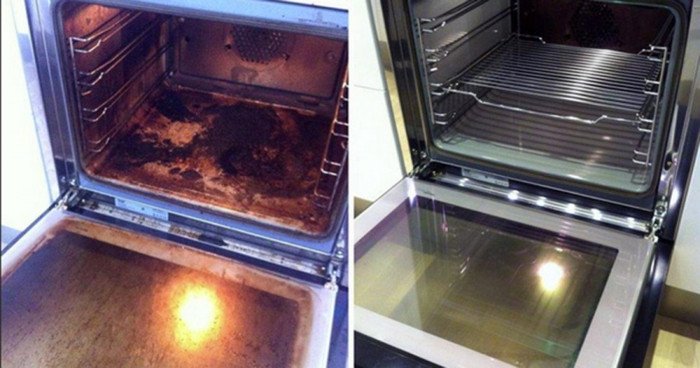
A simple and cheap method to clean the oven without chemicals. The process will be divided into two parts, first we will clean the entire inner part of the oven itself and then clean the window.
2. Pressure washers.
The force of pressurized water is responsible for saving effort, labor and the need to use toxic chemicals.
3. Ecological homemade cleaner with lemon.
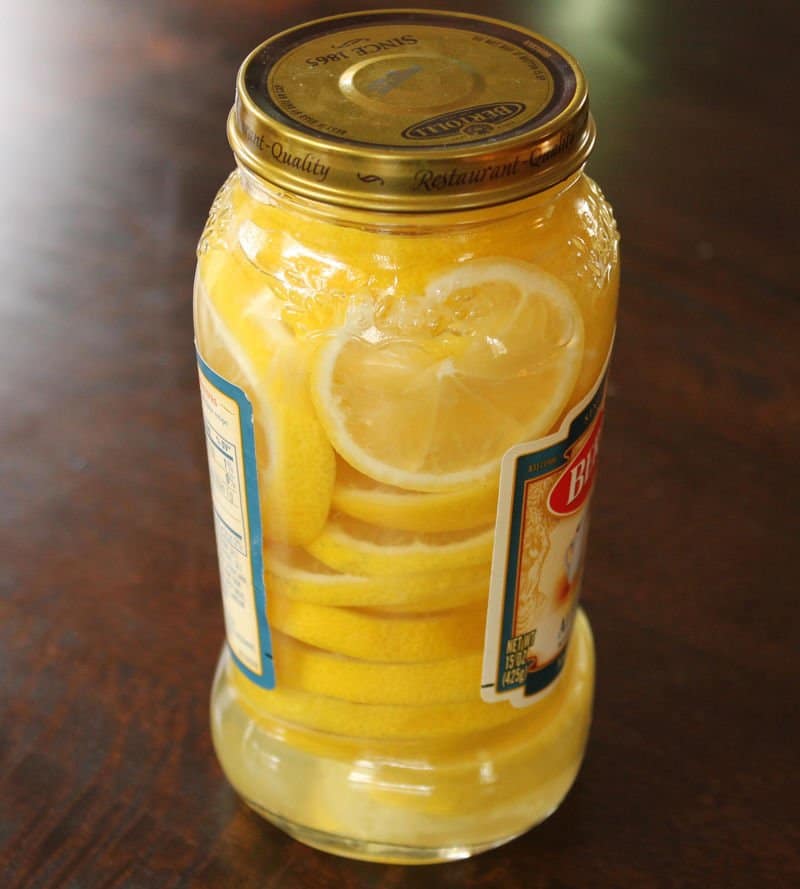
With this homemade lemon and vinegar cleaner, that you will see you can do yourself without any problem, you will have at your disposal a natural and very effective multipurpose disinfectant and cleaner.
4. Ecological detergent.
With a piece of neutral coconut soap, 2 lemons and 4 tablespoons of ammonia (which is biodegradable) we can make a cleaning detergent, which does not pollute and whose economic value is incomparably less than the detergents sold in the markets.
We have to melt the soap, chopped or grated in a liter of water. Then we add 5 liters of cold water. We squeeze the lemons. Finally, pour the ammonia and mix well. Store the resulting product in bottles and use it instead of commercial detergents. You will get six liters of very cheap and effective detergent.
5. Formula for cleaning vegetables and fruits from pesticides.
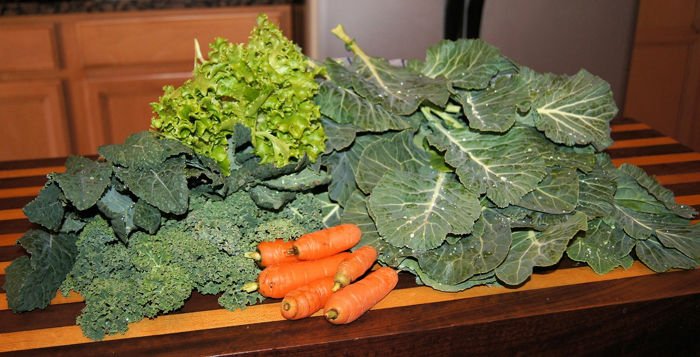
Fruits, vegetables and vegetables are basic foods in a healthy diet, their properties are very important for us. However, some of these foods that are consumed raw may be more harmful than beneficial because they have been treated with pesticides or may contain bacteria and may endanger our health.
6. Multipurpose ecological detergent.
With water, vinegar, ammonia, sodium bicarbonate and boric acid we can make a multipurpose detergent to use in any type of cleaning, replacing the conventional multipurpose detergent.
In a liter of warm water (45 ° C), put a tablespoon of vinegar, a tablespoon of ammonia, a tablespoon of baking soda and a tablespoon of borax or boric acid. Like any conventional cleaning product, you have to keep it out of reach of children and pets.
7. Home air freshener.
We will need a liter of alcohol (preferably 70º), 4 liters of water, 1 homemade soap and Eucalyptus leaves.
Let the eucalyptus leaves soak with alcohol for two days. Boil 1 liter of water with grated soap, until dissolved. Add water and eucalyptus aroma to a bottle. And ready!
8. Fabric softener.
We will need 5 liters of water, 4 tablespoons of glycerin, 1 grated soap and 2 tablespoons of rose milk.
Boil 1 liter of water with grated soap until dissolved. Add 4 liters of cold water, along with glycerin and rose milk. Stir well until mixed, then to the bottle.
9. Glass cleaner.
To facilitate cleaning, use 3 tablespoons of vinegar diluted in 11 liters of hot water. If the glass is very dirty, clean it with soap and water first. To dry surfaces, use recycled cotton cloth or old newspapers.
10. Window cleaner.
Mix a cup of alcohol, 2 cups of water and a tablespoon of ammonia. Put on gloves and apply the solution with a piece of cloth.
11. Carpet cleaner.
Mix two parts cornmeal with one part of borax. Spray generously, let stand one hour and aspirate.
12. Bathroom cleaner.
For general cleaning of bathrooms, use a brush with baking soda and warm water. For sinks, pour vinegar and let stand overnight, rinse in the morning. To clean containers, apply a paste of borax and lemon juice. Let stand a few hours and rinse. Or a strong vinegar solution.
13. Ceramic floor cleaner.
Mix approximately 3.5 liters of water with white vinegar and a cup of ammonia in a cleaning bucket. Wash the floor as usual.
14. Dishwashing detergent.
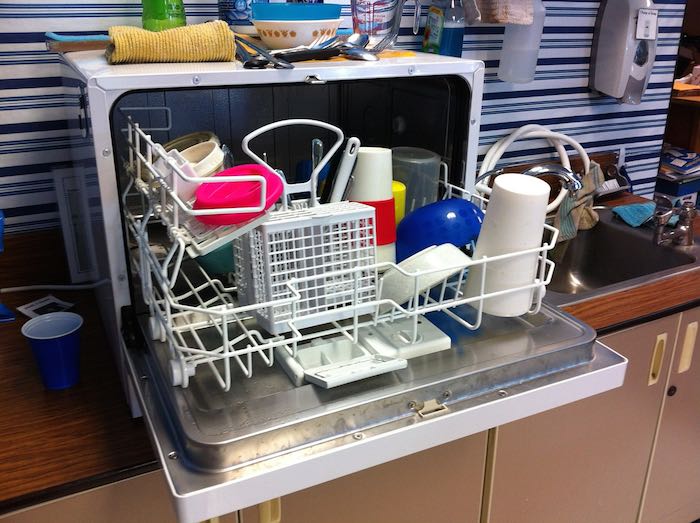
We can make our own homemade dishwasher. We will only need: 3 whole lemons, 2 goblets of water, 200 g. of fat salt, 1 beaker of white vinegar, 1/4 of beaker brightener, 1 Taper or a jar to store it.

